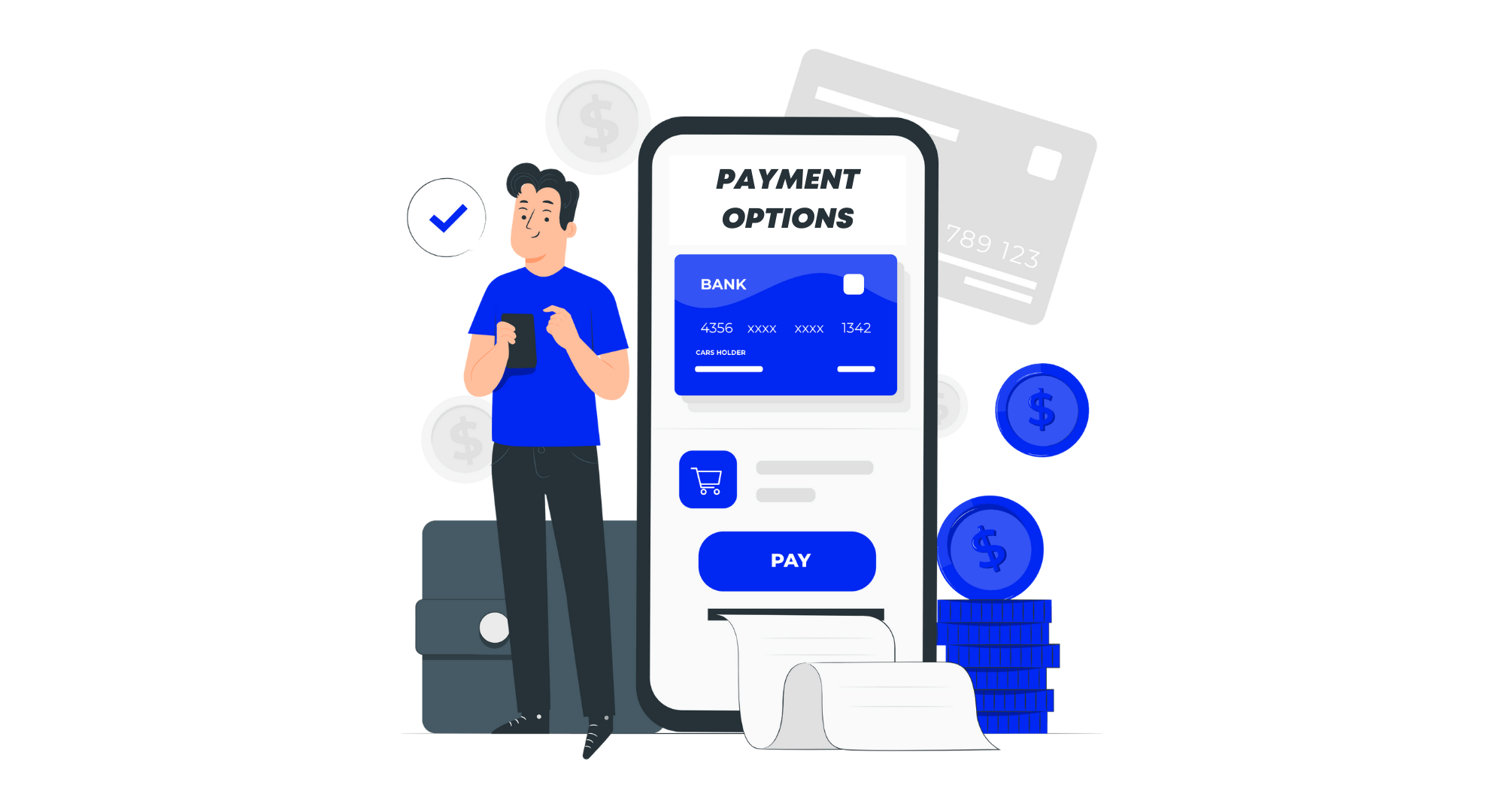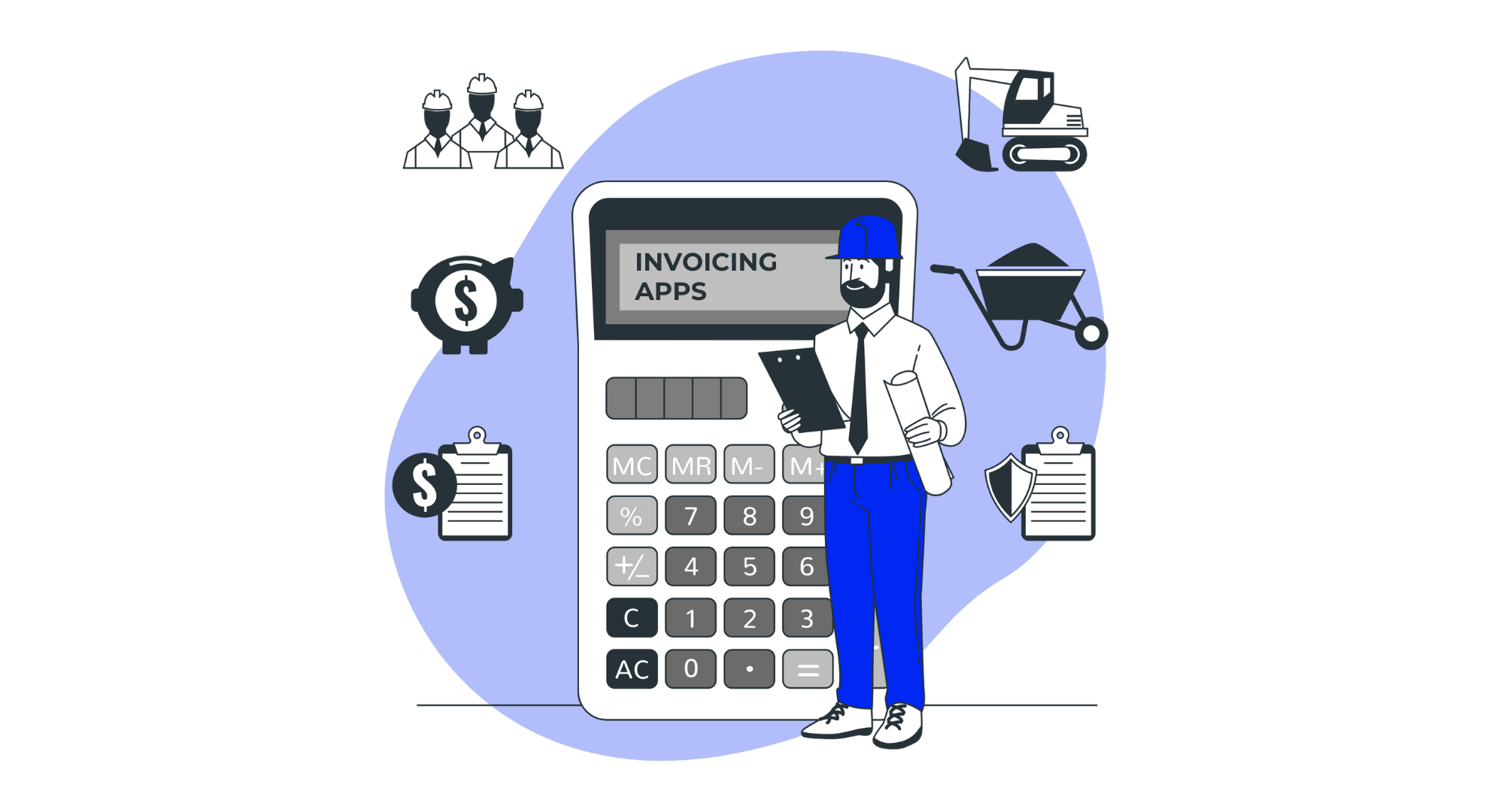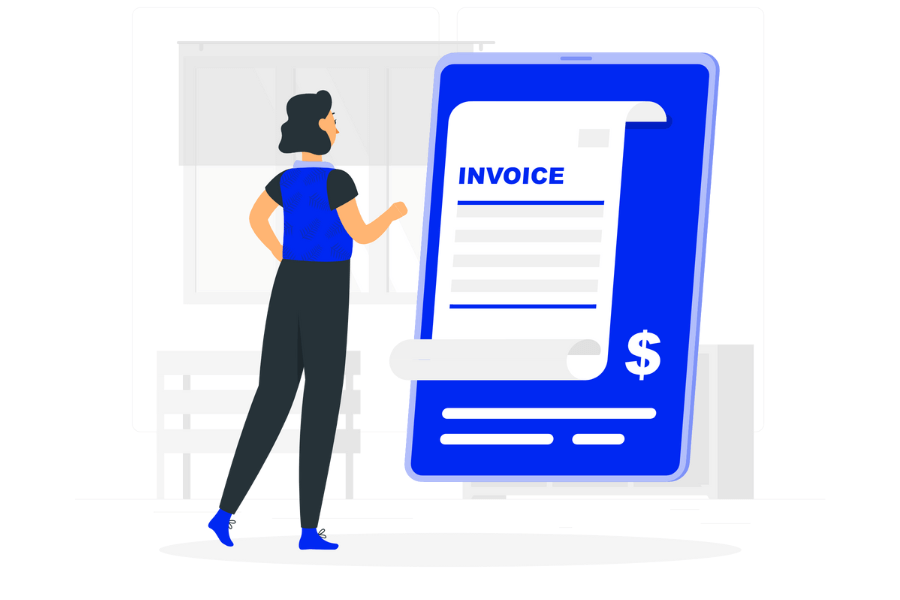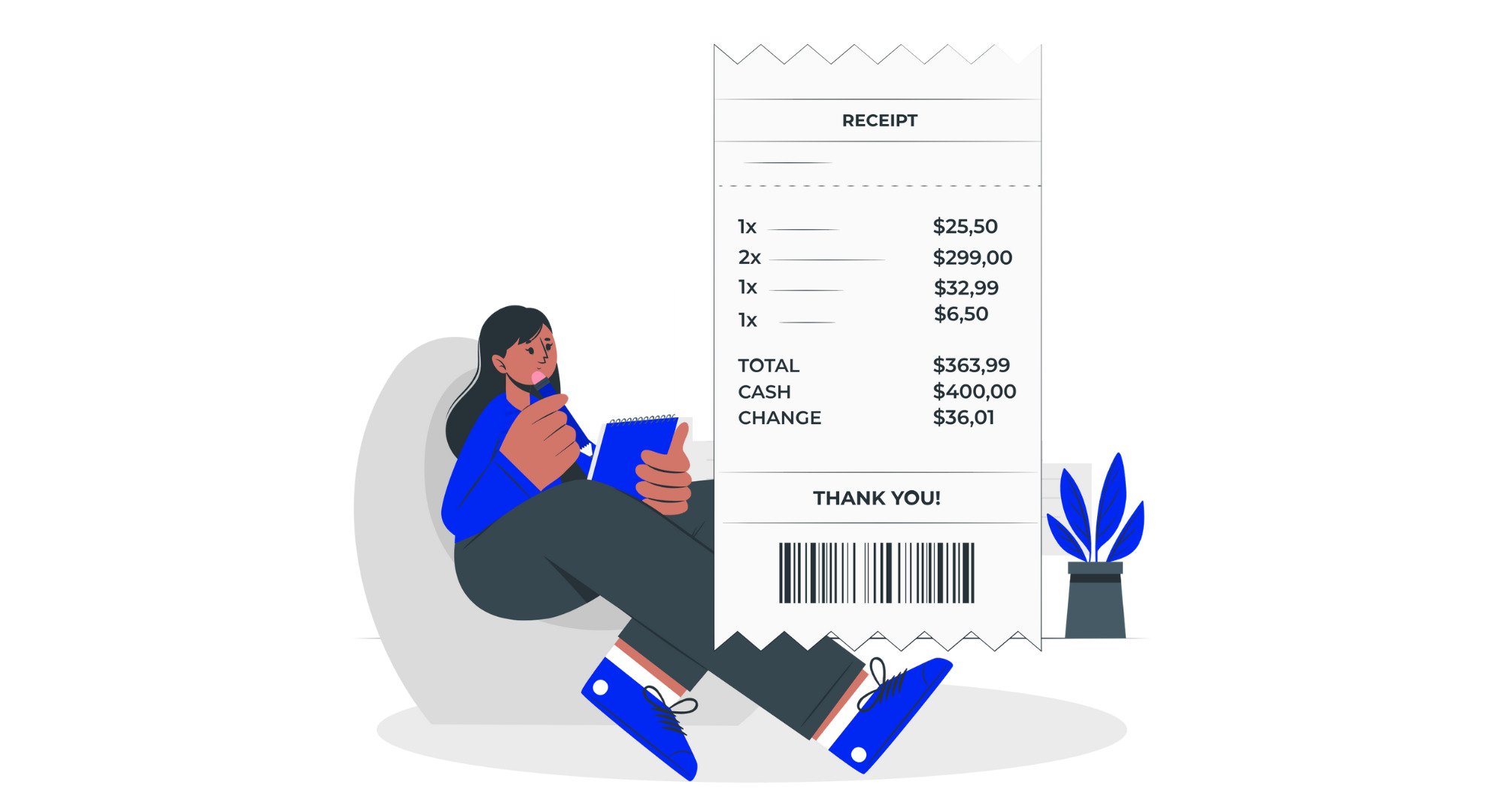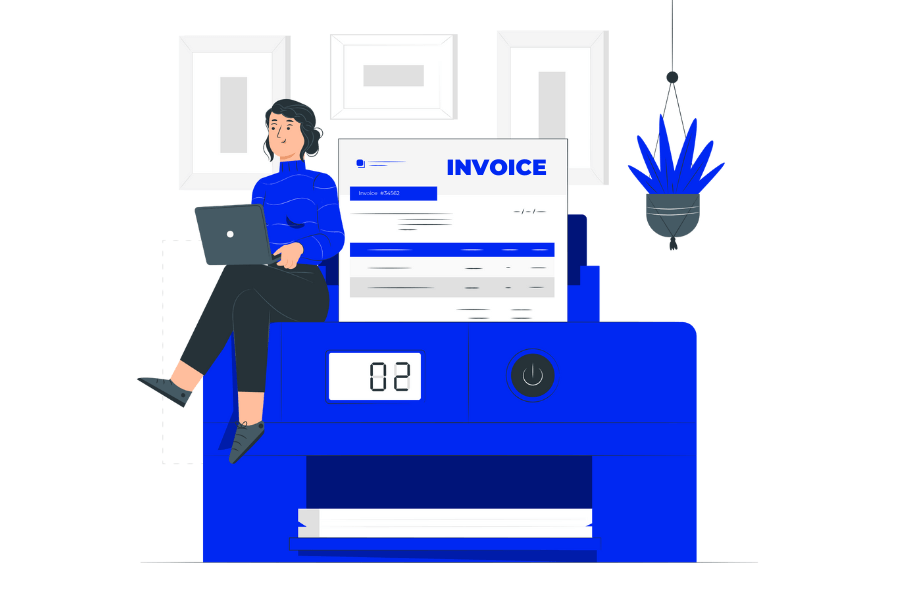
Choosing the best payment alternatives is a critical choice that may affect a company’s profitability, client satisfaction, and overall success. It necessitates a thorough comprehension of the various payment options, their benefits and drawbacks, and an understanding of how they fit with the particular requirements and objectives of a small business.
This in-depth guide seeks to help small business owners navigate the confusing array of payment alternatives. We will examine the various payment options that are now accessible, ranging from cash and cheques to cutting-edge electronic substitutes like mobile payments or online wallets.
We will examine the important aspects of your decision-making factors, such as the client base, transaction volume, cost, security precautions, and the degree of integration with your current systems.
For expert guidance on managing small business finances, explore our related article.
How to Choose a Payment System?
Selecting the best payment platform for your small business might be challenging due to the abundance of alternatives available. Here are several valuable tips for determining which payment method is more suitable for your company.
Trustworthiness
Find a reliable payment gateway that has a proven track record. This will guarantee the security of your clients’ payment data and the continuity of your payment processing.
 (Source)
(Source)
Customer Support
When you require help, you should have a payment gateway service that provides top-notch customer support and has received favorable consumer feedback. This may be done through live chat, phone assistance, or online how-to articles.
Fees
It’s crucial to understand the costs involved with each payment gateway provider. Some systems have transaction costs or processing fees based on a certain percentage of the transaction, others require monthly charges. Be careful with those as well as other hidden expenses since some payment systems also impose termination fees and extra credit card processing fees.
Ease of Use
Your payment gateway should be easy to install and use. It’s one of the crucial aspects of cart abandonment strategies. Adding it as a checkout option on your website shouldn’t require a lot of technical know-how. Ideally, the process of paying should be as effortless as possible for you and your clients.
Security
Security is of the highest significance when deciding on the appropriate payment method for a small business. To secure the financial information of your consumers, make sure the payment gateway you use has strong security measures and cutting-edge fraud protection techniques like PCI compliance, encryption, and data tokenization.
 (Source)
(Source)
Scalability
A payment gateway that can expand with you is the greatest option for small businesses. You’ll need a platform that can manage the extra volume without causing transactions to take longer as your business grows and processes more payments.
User Feedback
Before choosing a payment gateway for your small business, make sure to study customer reviews. An excellent method to obtain a fair picture of what to anticipate is to read what others think of their experiences using the product. Look for testimonials that speak well of the company’s customer service, usability, security, and cost-effectiveness.
9 Payment Methods
Your consumers will be able to choose how they want to pay the bill more easily if you accept payments through a variety of methods. The majority of systems built with a payment feature can process any kind of payment method. Yet, some of the methods may turn out to be too expensive, too inconvenient, or just redundant for your business. So carefully weighing the various payment options will help select the best ones for the business.
1. Cash
One of the most frequently employed forms of payment in the past was cash. Cash payments ensure that transactions may be fully completed at the point of sale because there are no waiting periods for clearing. Receiving cash payments involves little or no fees since there are no costs associated with transaction processing.
Despite these advantages, collecting cash can be challenging for independent contractors and small enterprises without a physical location. Small businesses that run solely online are unable to take cash payments securely since it is not advised to transmit money over the mail. Additionally, regularly putting significant sums of money into the bank may arouse suspicions of fraud, increasing the possibility that the account may be closed or submitted to an audit.
Aside from that, the use of cash as a payment method had been slowly declining through 2020, when the epidemic hastened the shift from physical money towards digital payments.

(Source)
2. Checks
As the usage of electronic payments rises, checks are losing popularity. However, checks include high-tech security mechanisms that limit who may cash them to authorized users. This can help small firms reduce electronic fraud, which is undoubtedly advantageous.
However, checks have a longer lead time when they are mailed, making it difficult to predict when they will be received. Furthermore, the postal service is occasionally unreliable and regularly misplaces cheques. Apart from that, the time it is required for checks to clear might affect your company’s cash flow.
Similar to collecting cash, there are no upfront fees associated with accepting checks; nevertheless, there are hidden fees associated with manual accounting procedures and the time needed to deposit checks into banks physically.
3. Credit or Debit Card
The most common method of payment worldwide is still a card. It is the preferred method for billions of customers worldwide, both offline and online. In order to capitalize on the expectations of consumers, it is imperative to provide this payment option to your clients.
Additionally, there are several ways to take card payments. A card reader can be used in-store. But employing a payment processor to manage your online transactions with quick speeds and complete security is one of the most efficient online solutions.
The popularity of this payment option among consumers should make it the standard for many small enterprises. Credit cards offer a consistent paper trail and are a safe way for customers to make purchases.
However, the transaction processor will charge a fee for each credit card transaction, with some credit card issuers charging more than others. Customers can also readily submit chargebacks with credit card issuers, leaving you with few choices in this situation. Even if the consumer decides not to return the goods, a lot of small businesses feel obligated to accept the chargeback and loss on the sale.
4. Email Invoices
One of the simplest payment options for independent contractors is email invoicing. After finishing the task, you can add payment links taking the customer directly to a payment page where they may enter their bank or credit card information. To maintain order, use an automated system to generate and submit invoices, accept payments, and generate receipts.
To learn how to create an effective late payment email, read the following article.
The main difficulty with emailing invoices is that the clients will need to take manual action to pay you, which significantly increases the risk of late transactions. Apart from that, it’s advisable to verify your email address.
Accelerate your customer payments using Billdu.
Billdu streamlines the payment process, ensuring quicker receipts from customers. Harness its efficiency to enhance your cash flow and reduce waiting times with top-rated Billdu app.

